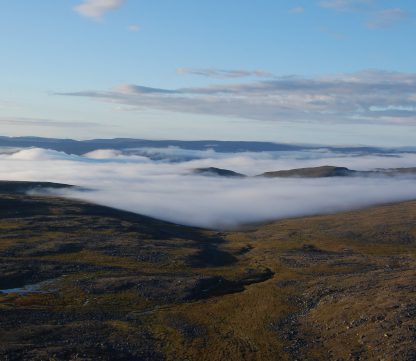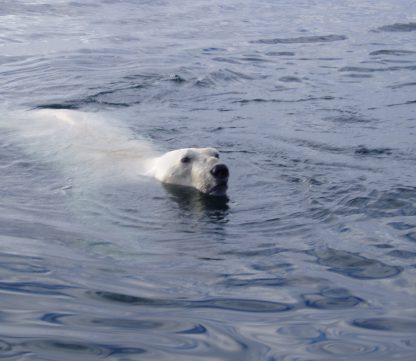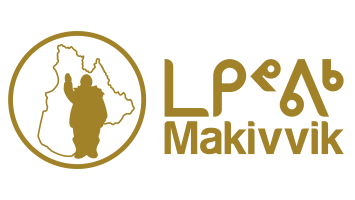Makivvik Corporation
Politically, culturally and economically, Makivvik has been a leader in building and developing a vibrant region called Nunavik, where, between the dualistic nations of Canada and Quebec, Inuit have established our own distinct place and identity.
Makivvik, which in Inuktitut means “To Rise Up,” is a fitting name for an organization mandated to speak on behalf of the Inuit of Nunavik, and protect the rights, interests and financial compensation provided by the 1975 James Bay and Northern Quebec Agreement, the first comprehensive Inuit land claim in Canada, and the more recent offshore Nunavik Inuit Land Claim Agreement that came into effect in 2008.
The Corporation’s distinct mandates range from owning large profitable business enterprises and generating jobs; to social economic development, improved housing conditions, to the protection of the Inuit language and culture and the natural environment.
Makivvik’s work demonstrates the extent that modern aboriginal treaties or land claim settlements could benefit governments and Inuit.
In 1975 when the first Agreement was signed, it took the position that “settling Inuit land claims” must be viewed in the context of a “new beginning” in terms of developing and implementing a new relationship and way of doing business with the governments of Quebec and Canada.
Corporate Objectives
- To receive, administer, distribute and invest the compensation money payable to Nunavik Inuit, as provided for in the James Bay and Northern Quebec Agreement;
- To relieve poverty, to promote the welfare, advancement, and education of the Inuit;
- To foster, promote, protect and assist in preserving the Inuit way of life, values and traditions;
- To exercise the functions vested in it by other Acts or the Agreement; and
- To develop and improve the Inuit communities and to improve their means of actions.



